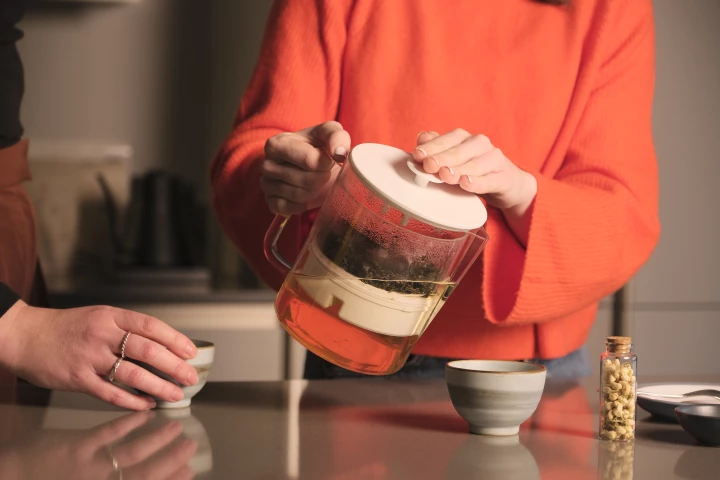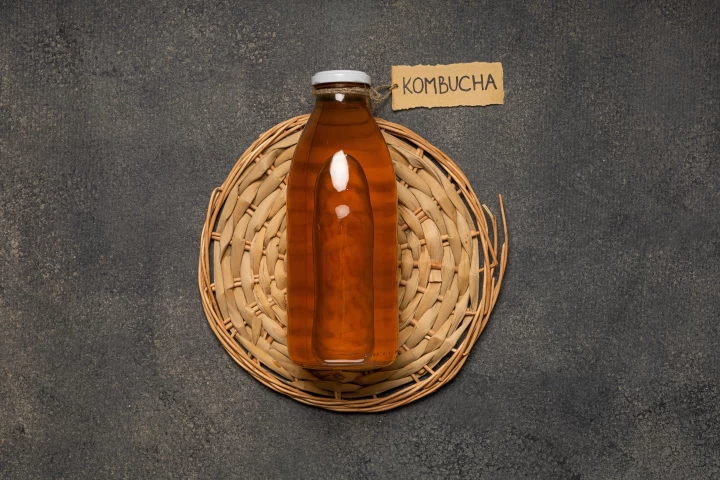Tea
-
After an analysis of data from over 131,000 people, researchers found that drinking coffee and tea daily seems to guard against the development of Alzheimer's disease and other forms of cognitive decline - caffeine may be the key protective compound.
-
Tea and coffee are two of the most popular drinks in the world – daily rituals that are linked to culture, comfort, and productivity. Now scientists have new insights into how each affects bone health, especially the risk of osteoporosis.
-
If you're a loose leaf tea connoisseur who favors the plunger pot method but detests keeping an eye on steeping time, the REEDesigned automatic teapot may be the solution. With a mechanical timer system, under- or over-steeping is entirely avoidable.
-
Compounds in green tea can reprogram muscle metabolism to boost insulin sensitivity and glucose tolerance, according to new findings that further our understanding of why this ancient drink has long been linked to protect against obesity.
-
Tea has already been shown to reduce depression, reduce the risk of diabetes, and possibly even extend its drinkers' lifespans. New research now indicates that tea also removes toxic heavy metals from the water in which it's being brewed.
-
While tobacco and alcohol are known to increase the risk of head and neck cancer, new research has found the amount of coffee and tea we drink can have a protective effect, reducing the risk of developing these sorts of cancers. Yes, even decaf.
-
It may not be to everyone's taste, but kombucha tea may be able to deliver the benefits of fasting, without the hardest part – the fasting. Its yeast and bacteria altered fat metabolism, without any other dietary changes, resulting in lower fat stores.
-
A tea that’s been around for more than 900 years might be just what the doctor ordered as a treatment for depression. Already renowned for its health benefits, researchers have now demonstrated matcha tea’s antidepressant-like effects.
-
New research has analyzed data from nearly 20 studies encompassing one million adults and found a link between drinking tea and a reduced risk of type 2 diabetes. But it all depends on how much tea your drink.
-
When bacteria colonize the surface of items such as medical implants, they form antibiotic-resistant coatings known as biofilms. Scientists have devised a new way of removing such films, and it involves magnetically steering augmented tea plant buds.
-
A large study out of China has found drinking green tea at least three times a week can be linked to longer lifespan and lower rates of heart disease and stroke. The same association was not seen in black tea drinkers.
-
Caffeine has long been considered an effective appetite-suppressant, and it's been shown to effectively speed up the body’s fat metabolism processes. Now, research has homed in on another mechanism that may explain caffeine’s anti-obesity properties.
Load More











